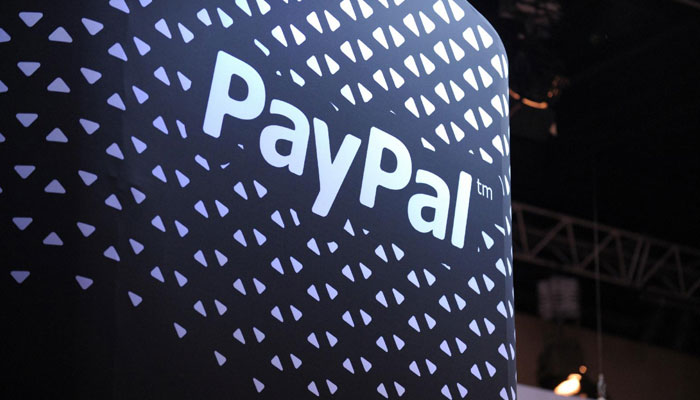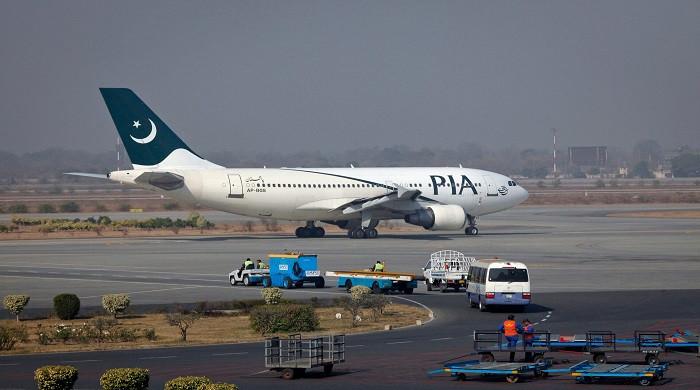Good news! Pakistani freelancers can now receive payments via PayPal
Minister says that Pakistani freelancers need not open PayPal account to receive payments via online platform
January 07, 2024

In a positive development for a growing freelance market in Pakistan, freelancers working in the country will be able to receive their dues via PayPal — an online payment and money transfer platform.
The availability of the platform which allows its users to send and receive money in 25 currencies in more than 200 countries around the world, will significantly boost Pakistan’s untapped freelance market provisioning ease of business in various fields
In a statement, caretaker Minister for Information and Technology Dr Umar Saif underscored the absence of various online payment platforms — widely used around the world — and recalled the demand for PayPal to operate in Pakistan as a longstanding demand by freelancers in the country.
“Under the newly devised program, freelancers will not need to open a PayPal account. Instead, individuals outside the country will make payments from their PayPal accounts, and the funds will be promptly deposited into the freelancers’ accounts,” the minister explained.
He said that under the nation’s first space policy approved by the federal cabinet, international companies would be allowed to provide communication services through low-orbit communication satellites.
Stressing that satellite communication technology was advancing rapidly and many private companies in the world wanted to provide communication services through low-orbit satellites, he said:
“Satellites used to be geostationary, far away from the land. They are useful for broadcasting TV signals but communicating is difficult because there is latency.”
Saif further stated that communication services and internet services could be offered through low-orbit satellites, which were relatively closer. He said that there had been a lot of development in this regard in the private sector.
“So now it has become possible for communication services in Pakistan to be provided through satellites and the private sector has this technology,” he noted.
Furthermore, the minister stressed that the National Space Policy would enable private sector companies to “offer affordable internet services in Pakistan while enabling increased investment in our national space program”.
National Space Policy which will enable private-sector companies to offer affordable internet services in Pakistan, while enabling increased investment in the country’s national space program.
He expressed confidence that 5G services in the country would be launched by July this year and 300MHz spectrum would be offered for auction.
He said that before the launch of 5G services, the optic fibre network had to be enhanced. Currently, only 6,000 mobile towers are connected with the optic fibre of around 56,000 towers across the country.
Dr Saif said his ministry had taken a significant decision to revamp IT education in universities in collaboration with the Higher Education Commission, National Computing Accreditation Council, Exami¬nation Testing Council, Pakistan Software Export Board, and Pakistan Software Houses Association.
“Under the program, around 31,000 students have registered themselves for the test so far, and successful among them will be offered jobs through the Industry Placement Programme.”
Dr Saif disclosed that the government would initiate a project to establish 10,000 e-Rozgar centres across the country that would be equipped with the latest facilities for freelancers and startups.
The minister while highlighting the initiatives taken by the government to bolster exports of the IT and telecom sector, said: “The sector’s official export is currently $2.6 billion, but the actual figure is around $5 billion as the industry parks a major portion outside the country to pay salaries of their international employees placed with foreign clients and incur monthly expenses for cloud hosting, marketing and sales on platforms like Google, Amazon, LinkedIn etc.”











